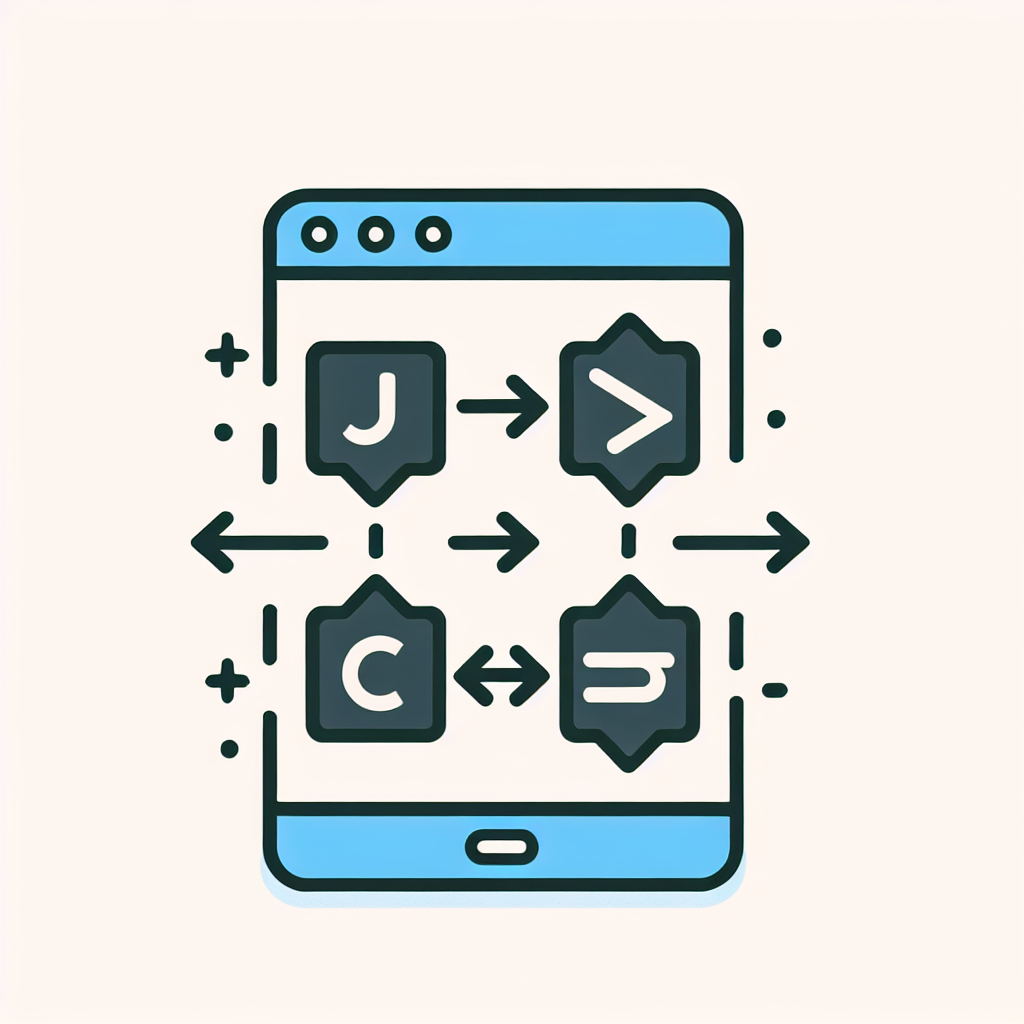Convert JavaScript to C#: Fast, Easy Code Transformation
Effortlessly convert JavaScript to C# with our powerful tool. Streamline your code transformation process with precision and ease. Try it today!
Source Code
Converted Code
Output will appear here...
Effortlessly convert JavaScript to C# with our intuitive tool, designed to streamline development workflows for programmers transitioning between languages. Ideal for enhancing cross-platform compatibility and optimizing code efficiency, this converter supports seamless integration into your existing projects. Simplify coding tasks and boost productivity with our reliable JavaScript to C# conversion solution. Keywords: language conversion, cross-platform, code efficiency.

JavaScript to C# Conversion Tool Link to this section #
Effortlessly transition your JavaScript code to C# with our advanced conversion tool. Designed for developers and software engineers, this tool simplifies the process of translating JavaScript syntax into C#, a statically typed language. Whether you're migrating projects or learning cross-language coding, this tool ensures accuracy and efficiency.
Key Features Link to this section #
- Syntax Parsing: Automatically translates JavaScript functions, variables, and control structures into their C# equivalents.
- Data Type Conversion: Maps JavaScript data types to C# types, such as converting
varorletto specific C# types likeint,double, orstring. - Error Detection: Flags potential runtime errors and suggests corrections for smoother code migration.
- Code Optimization: Offers suggestions to optimize the converted C# code for better performance.
How It Works Link to this section #
- Input JavaScript Code: Paste your JavaScript code into the tool.
- Initiate Conversion: Click 'Convert' to transform your code into C#.
- Review Results: Examine the converted code and suggested optimizations.
Example Conversion Link to this section #
JavaScript:
function greet(name) {
console.log("Hello, " + name + "!");
}
Converted C#:
using System;
public class Program
{
public static void Greet(string name)
{
Console.WriteLine("Hello, " + name + "!");
}
}
Benefits Link to this section #
- Time-Saving: Automates tedious manual conversion tasks.
- Learning Aid: Helps developers understand the differences between JavaScript and C#.
- Cross-Platform Development: Facilitates code reuse in different environments, such as web and desktop applications.
For further guidance on C# programming, consider exploring resources from Microsoft's C# documentation and MDN Web Docs for JavaScript.
Leverage this tool to streamline your development process and enhance your skill set in multi-language programming.
Frequently Asked Questions
How can I convert JavaScript code to C#?
Converting JavaScript code to C# is not straightforward due to differences in language paradigms, but you can manually translate the logic. Alternatively, tools like JSIL or Script# can help automate parts of the conversion process by translating JavaScript into C# or enabling you to write C# that compiles to JavaScript.
What are the main differences between JavaScript and C#?
JavaScript is a dynamically typed, interpreted language primarily used for web development, while C# is a statically typed, compiled language used for a variety of applications, including web, desktop, and mobile. C# supports object-oriented programming more rigorously and includes features such as strong type checking and extensive libraries.
Can I use JavaScript libraries in C# applications?
You can't directly use JavaScript libraries in C# applications. However, you can integrate JavaScript into C# web applications by using frameworks like ASP.NET, which allows you to run JavaScript in the browser while handling server-side logic with C#.